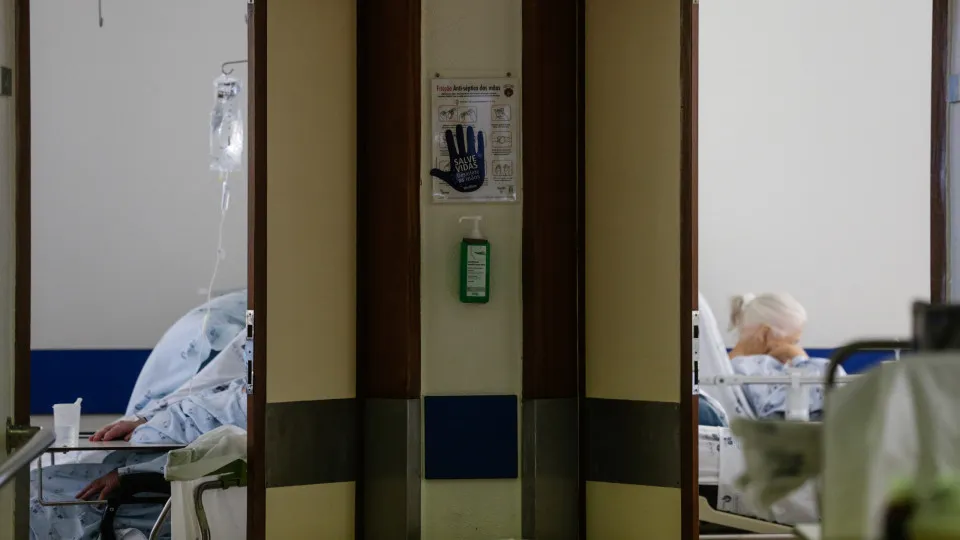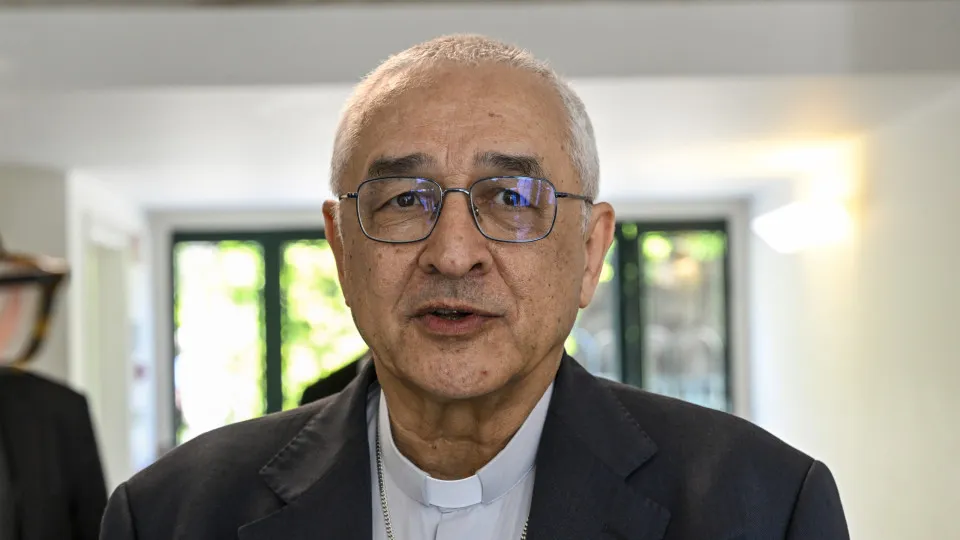
A study released today by the Behavioral Insights Unit of the Católica Lisbon School of Business and Economics’ Portuguese Society Observatory has evaluated concerns among the Portuguese about housing, migration flows, and healthcare.
In the healthcare sector, the survey conducted between July 10 and 18 reveals significant dissatisfaction with the functioning of the National Health Service (SNS).
Among the 1,134 respondents, aged between 20 and 69, 89.6% believe the current state of the SNS is leading to a deterioration in the quality of services provided, and 85.1% fear not receiving necessary assistance in case of illness.
Similarly, 84.6% worry that the SNS might negatively impact their quality of life and about eight in ten are concerned about possibly paying more for healthcare.
Regarding specific situations, the study highlights that 37.4% admitted to frequently postponing appointments or treatments due to prolonged waiting times. The authors note this pattern “evidences that waiting lists remain a significant obstacle” for some individuals, with “implications for care equity and continuity.”
The responsibility is primarily attributed to the Government, whose performance is criticized by over half of the respondents (64.2%), as well as the current Directorate-General for Health, criticized by 56.8%.
On the other hand, 57.3% expressed satisfaction with doctors, nurses, and auxiliary technicians.
Despite their negative assessment of the SNS, many do not consider private health insurance as an alternative, with about four in ten feeling no need to pursue that option.
Consequently, healthcare represents a small portion of most families’ expenses, with over half of respondents (62.5%) indicating their expenditures in this area do not exceed 10% of their income.
The same does not apply to housing, which increasingly weighs on family budgets each month.
According to the survey results, 36.4% of Portuguese people spend more than 30% of their household income on rent or mortgage payments, with more families exceeding the recommended effort rate of 35%.
Compared to a similar survey conducted in July 2024, there has been an increase in the portion of people spending at least 41% of their income on rent or mortgage. The most notable change is among those spending above 71% of their income, which now includes 3.9% of respondents, up from just 0.7% last year.
Access to housing is a significant concern for about half of Portuguese people, who express great worry over possible challenges in maintaining adequate housing, while 65.3% are apprehensive about price developments.
Concerning migration flows, fewer people are worried about emigration (41%, a decrease of 29 percentage points compared to July 2024), while 72.4% express concern about immigration, even though the majority support a reduction in both.
Regarding the entry of foreigners into Portugal, about 40% of respondents link immigration to increased pressure on public health and housing, and 33.4% indicate similar effects on education.




